Indigenous Governance Database
Conferences, Seminars & Symposia
Honoring Nations: Patricia Ninham-Hoeft: Oneida Nation Farms
Patty Ninham-Hoeft, Business Committee Secretary for the Oneida Nation of Wisconsin, discusses the impact of Oneida Nation Farms on the Oneida community and how it is a concrete expression of tribal sovereignty.
Honoring Nations: Ken James: The Flandreau Police Department (2007)
Former Flandreau (South Dakota) Police Chief Ken James discusses how the Flandreau Police Department works to provide culturally sensitive law enforcement to all of the citizens it serves.
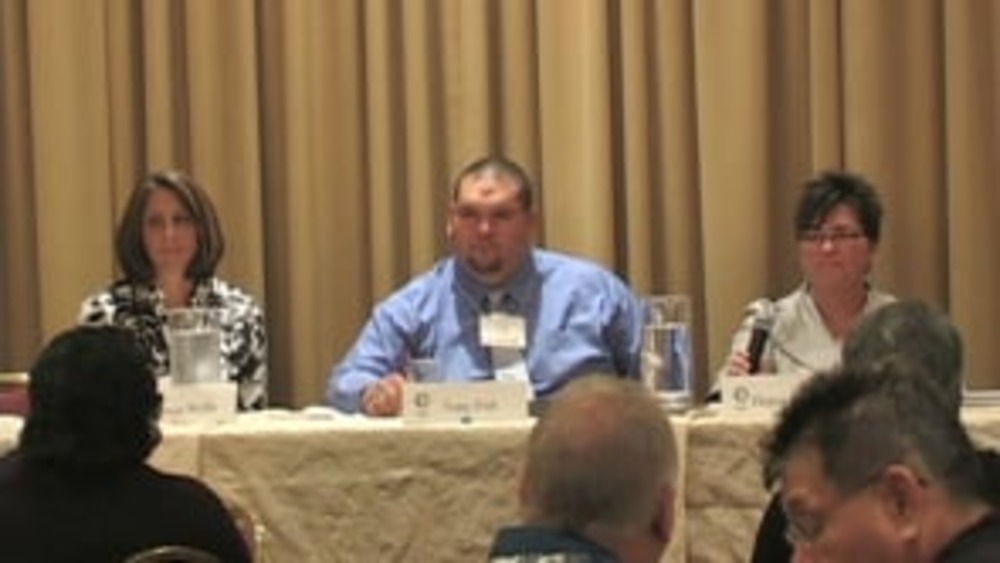
Honoring Nations: Hepsi Barnett, Tony Fish and Joyce Wells: Reclaiming Native Nations (Q&A)
Native leaders Hepsi Barnett, Tony Fish, and Joyce Wells share a deeper level of detail about the roots and impacts of their nations' Honoring Nations award-winning programs.
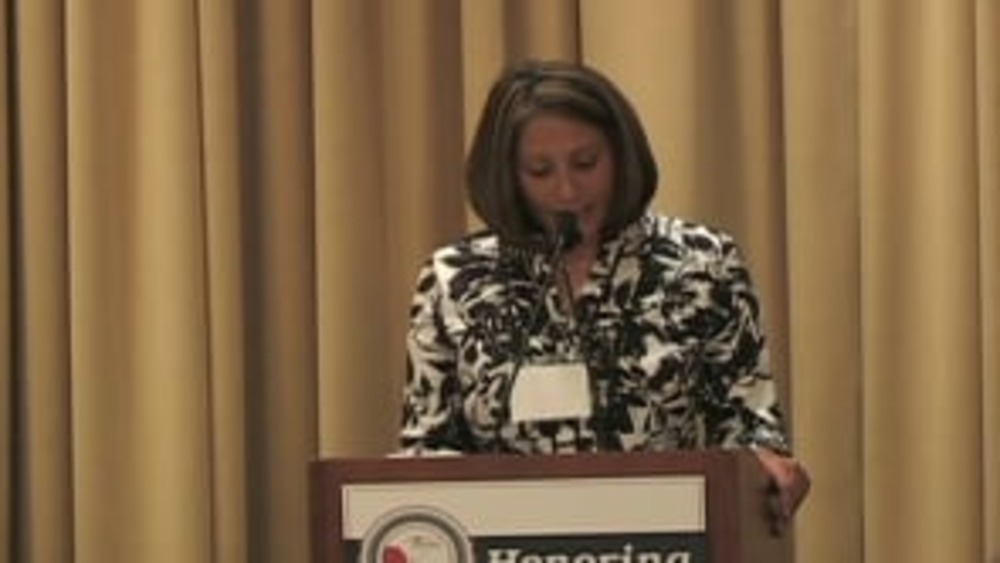
Honoring Nations: Joyce Wells: Project Falvmmichi
Choctaw Nation Healthy Lifestyles Program Director Joyce Wells describes how a 16-year-old Choctaw citizen transformed her idea and passion into a comprehensive education and mentoring program that seeks to prevent domestic violence in Choctaw communities.
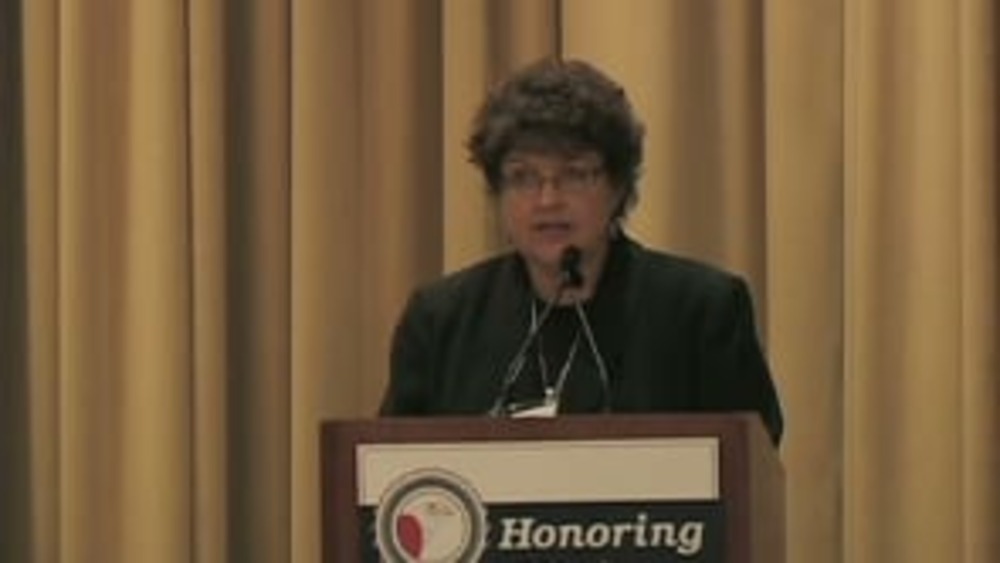
Honoring Nations: Jeannie Barbour: Chickasaw Press
Jeannie Barbour, creative director for the Chickasaw Nation, shares the history and success of the Chickasaw Press and discusses how it serves as a concrete expression of Chickasaw self-governance.
Honoring Nations: Mary Etsitty: The Navajo Nation Sales Tax
Mary Etsitty, Former Executive Director of the Office of the Navajo Tax Commission, discusses how and why the Navajo Nation sales tax was established, and how the Office of the Navajo Tax Commission works to consult and educate Navajo citizens about the need for -- and benefits of --…
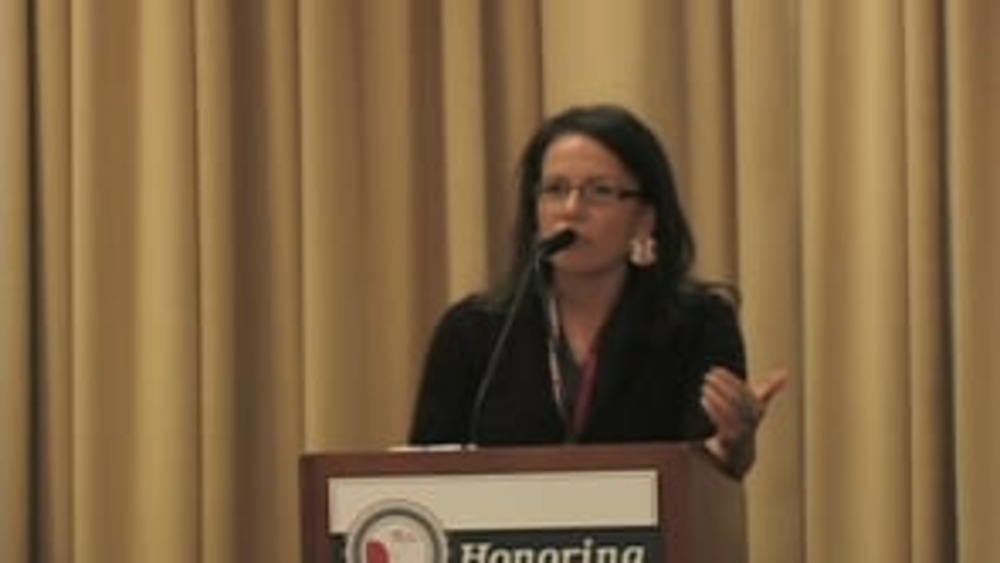
Honoring Nations: Jodi Gillette: A New Era of Governmental Relations
White House Native American Affairs Senior Policy Advisor Jodi Gillette discusses a new era of governmental reform, the result of a new executive branch administration in the federal government. She elaborates on how this change in administration will effect Native nations, particularly with…
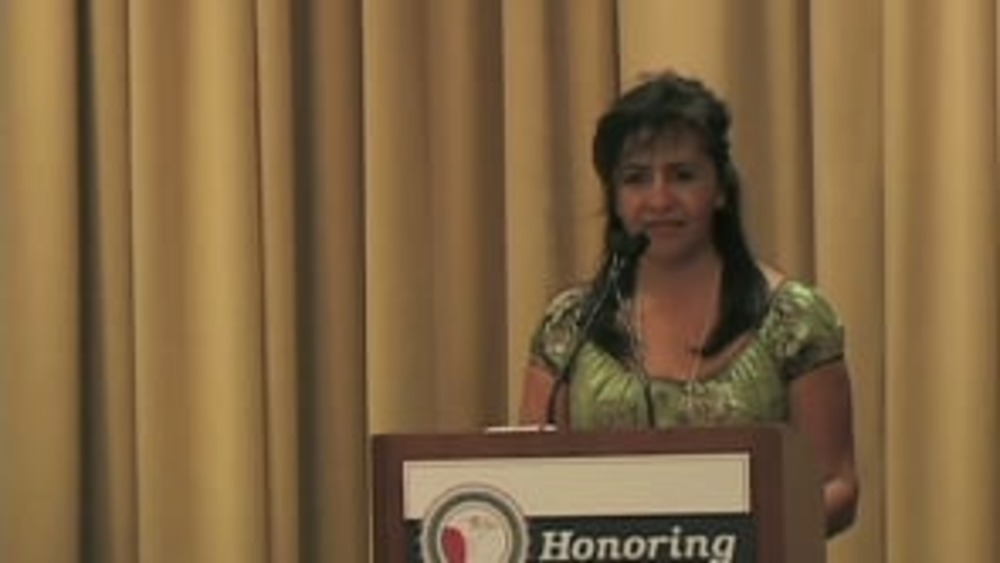
Honoring Nations: Tomasita Duran: Tsigo bugeh Village
Ohkay Owingeh Housing Authority Executive Director Tomasita Duran explains the process by which Ohkay Owingeh Pueblo established Tsigo bugeh Village and molded it to fit the culture and society of the Pueblo.
Honoring Nations: Sovereignty Today: Q&A
The 2007 Honoring Nations symposium "Sovereignty Today" panel presenters as well as members of the Honoring Nations Board of Governors field questions from the audience and offer their thoughts on the state of tribal sovereignty today and the challenges that lie ahead.
Honoring Nations: Kristi Coker-Bias and Allen Pemberton: The Citizen Potawatomi Community Development Corporation and the Red Lake Walleye Recovery Program (Q&A)
Honoring Nations symposium presenters Kristi Coker-Bias and Allen Pemberton field questions from the audience about the Citizen Potawatomi Community Development Corporation and the Red Lake Walleye Recovery Program.
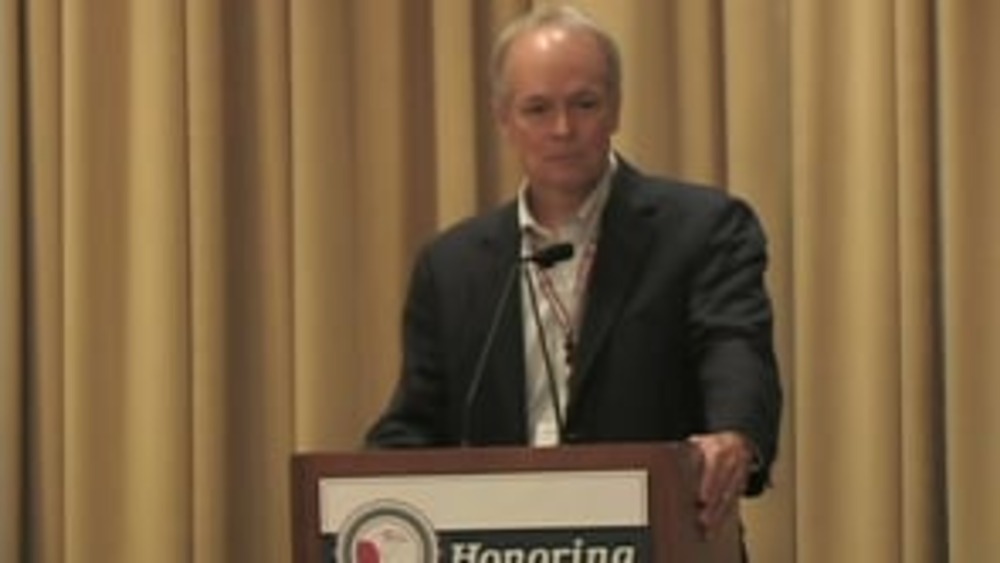
Honoring Nations: Stephen Cornell: The Growth of Honoring Nations
Harvard Project on American Indian Economic Development Co-Director Stephen Cornell emphasizes the growth and impact of the Honoring Nations program throughout not only the United States, but the entire world.
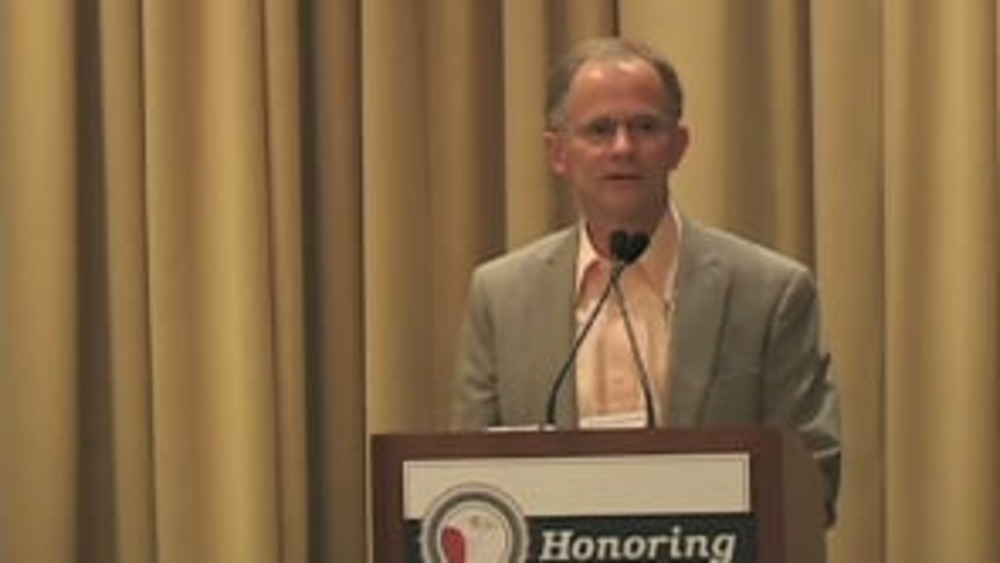
Honoring Nations: Tom Hampson: Native Asset Building
ONABEN Executive Director Tom Hampson discusses the resilient entrepreneurial spirit that exists in Indian Country, and how it can be a key to transformative change in Native communities.
Honoring Nations: David Gipp: Sovereignty Today
President David Gipp of United Tribes Technical College synthesizes the words of the "Sovereignty Today" presenters at the 2007 Honoring Nations symposium, and discusses the direct relationship between a Native nation's effective exercise of sovereignty and its distinct traditional cultural values…
Honoring Nations: LuAnn Leonard: The Hopi Education Endowment Fund
Hopi Education Endowment Fund Executive Director LuAnn Leonard (Hopi/Tohono O'odham) speaks about the purpose and growth of the Hopi Education Endowment Fund and how the initiative has inspired those HEEF serves to answer the question: What does it mean to be a Hopi?
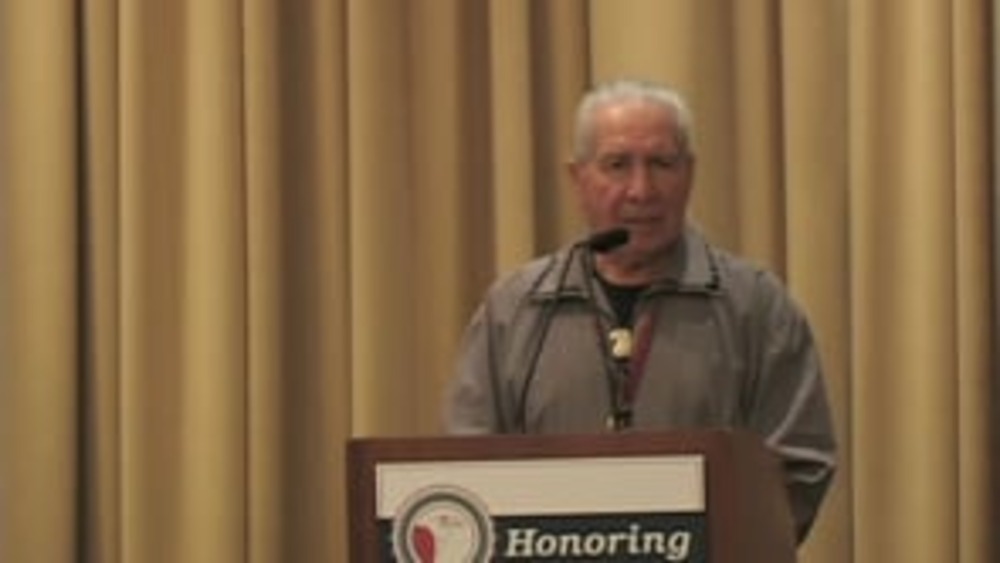
Honoring Nations: Oren Lyons: The Challenges Ahead
Onondaga Chief and Faithkeeper Oren Lyons briefly summarizes the critical, urgent challenges that global warming and resulting climate changes present to Indigenous people and all human beings, and stresses that the principles that traditionally nurtured the relationship between Indigenous peoples…
Honoring Nations: James Ransom: Sovereignty Today
Former Saint Regis Mohawk Chairman James Ransom provides his perspective on what sovereignty means today, and stresses the importance of using traditional Indigenous teachings in modern Native nation governance.
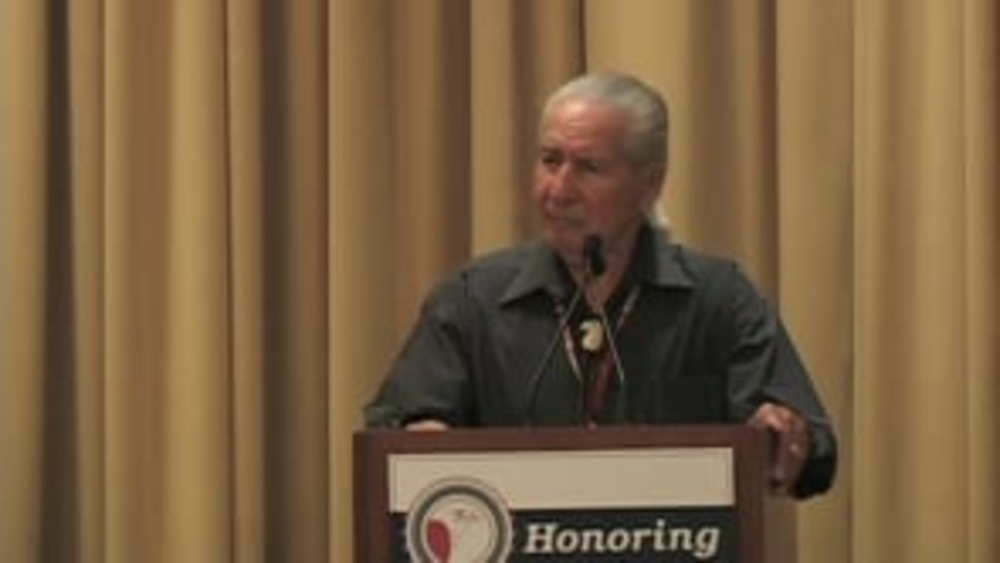
Honoring Nations: Oren Lyons: Wounded Knee II: Honoring the Legacy of Ted Kennedy
Onondaga Chief and Faithkeeper Oren Lyons shares a story about late U.S. Senator Ted Kennedy's crucial yet little-known role in averting an attack by the federal government on those who took over Wounded Knee in 1973.
Honoring Nations: Devin Redbird: The Gila River Youth Council
Devin Redbird discusses the importance of the Gila River youth council as a source of education and development for the next generation of tribal leaders, while stressing the impact youth councils could have across Native nations.
Honoring Nations: Don Corbine: The Bad River Chippewa Recycling/Solid Waste Department
Former Manager Don Corbine of the Bad River Recycling/Sold Waste Department shares how the Bad River Band of Lake Superior Chippewa Tribe is using recycling to clean up their community and reinvigorate community pride among its citizens.
Honoring Nations: Juana Majel-Dixon: The Violence Against Women Task Force
Juana Majel-Dixon, Chair of NCAI's Task Force on Violence Against Women, reflects on the work of the Task Force on Violence Against Women and their efforts to push for passage of the Violence Against Women Act in Congress.
Pagination
- First page
- …
- 6
- 7
- 8
- …
- Last page
